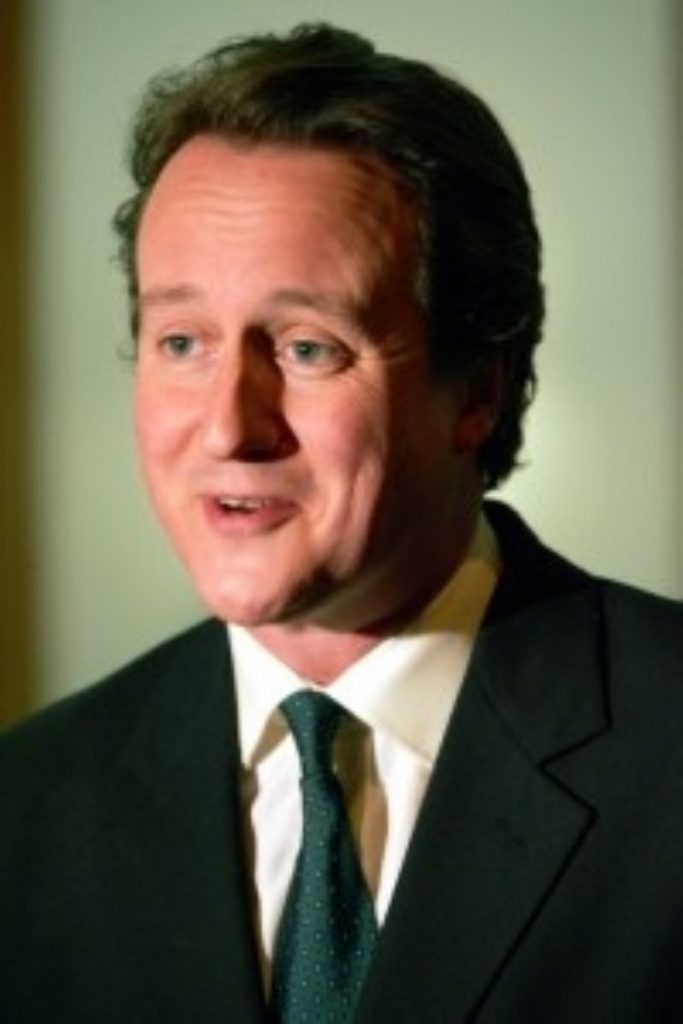Tory donations reach £9m
Nearly £9 million was donated to the Conservative party in the first three months of this year – the highest quarterly total since before the 2001 general election.
Figures released by the Electoral Commission today suggest the election of David Cameron as party leader has made the Tories an increasingly attractive investment.
The figure of £8.933 million swamps previous donor totals of just over £3 million at the end of last year, and £8 million before the last general election. It is only beaten by the £12 million given in the three months before the nation went to the polls in 2001.
The Tories also reported to the commission that two donations, worth a total of £1,500, were impermissible under electoral law, and have since been returned to the donors.


By contrast, Labour recorded contributions of just £2.9 million between January and March 2006, the lowest level for two years.
This will only add to Labour’s woes following months of bad headlines about the loans-for-peerages row, NHS deficits and the loss of more than 300 council seats in the local elections earlier this month.
The figures come after a new ICM poll showed the Tories have pulled ahead in the opinion polls, with 38 per cent of voters saying they would back Mr Cameron’s party in a general election, compared to just 34 per cent for Labour.
Meanwhile, the Liberal Democrats recorded donations of £683,000 in the first quarter of this year, a fall on £815,000 the previous month and down from £4.1 million before the last election.
Former top civil servant Hayden Phillips began a review of the funding of political parties earlier this month, after the loans-for-peerages row prompted concern that some wealthy businessmen had undue influence on political parties.
Giving evidence to the constitutional affairs secretary in April, then lord chancellor Lord Falconer explained: “The public fear of the capture of political parties by a few donors is a significant issue that affects public confidence.”
Sir Hayden has set up a website to hear the views of both members of the public and political parties on the future of political parties, to help him in his review.
Speaking at its launch, he said he was beginning his inquiries with three basic assumptions – that the financial health of political parties is vital to Britain’s parliamentary democracy, that their funding should be transparent, and it should be fair.
Key issues will be whether there should be a cap on individual donations to political parties, whether the current £18 million limit on general election spending should be cut, or whether there should be an increase in state funding for all parties.









